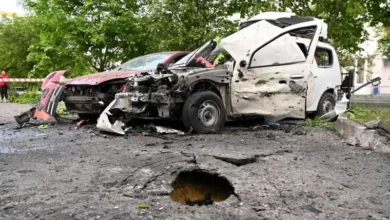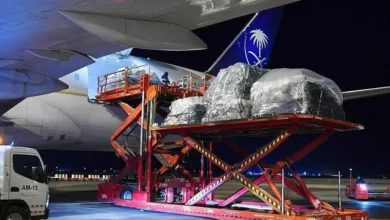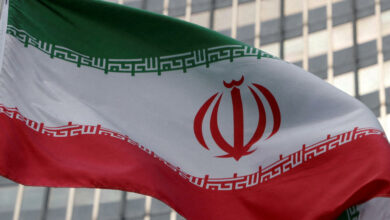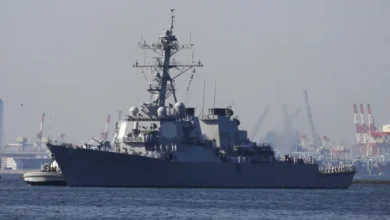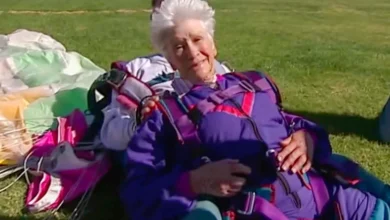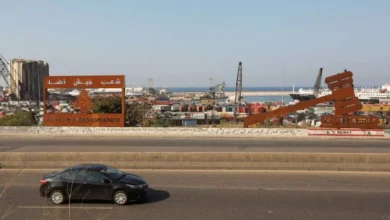Oilfields partially resume after ex-official released in Libya
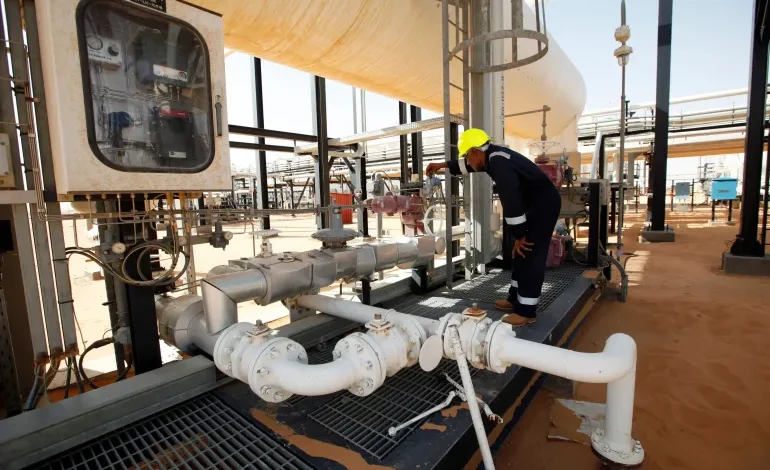
Production at Libya’s Sharara and al-Fil oilfields has resumed after being shut down as part of a protest against the arrest of a former finance minister, according to officials.
The two oilfields began operating on Saturday evening, with production at Sharara returning to normal levels by Sunday morning after Faraj Bumatari, the former finance minister, was released, according to Libya’s oil ministry and the minister’s tribesmen.Bumatari, released on Saturday afternoon, was detained by the Internal Security Agency on his arrival at Mitiga airport on Tuesday, with the production at the al-Fil, 108, and Sharara oilfields shut two days later in protest by his tribesmen.
The 108 oilfield remains shut.
Libya’s Oil Minister Mohamed Aoun told Dubai-based Asharq TV on Saturday that the oilfields’ closure had cost the country the production of 340,000 barrels. He had said on Friday the closures could lead to a declaration of force majeure.
Bumatari was targeted by the security agency due to his bid to replace Sadiq al-Kabir as governor of the Central Bank of Libya, according to Zawi tribe leader Al-Senussi al-Ahlaiq.The security agency is allied with Prime Minister Abdul Hamid Dbeibah.
Since 2011, Libya has been divided between two rival governments, each backed by various international actors and armed militias in the country. Dbeibah is based in the capital, Tripoli, while the House of Representatives, which called for Bumatari’s release, is based in the eastern city of Tobruk.
The United Nations Support Mission in Libya (UNSMIL) had also expressed concern about the former minister’s abduction and the closure of the oilfields. It welcomed his release and called on the additional release of “all those arbitrarily detained including civilians, civic activists, political figures & members of security service,” the mission tweeted.
Libya’s oilfields have been the target of frequent political protests since civil discord broke out following the 2011 NATO-backed removal of former leader Muammar Gaddafi.
The Sharara oilfield, in particular, is often targeted, one of the country’s largest which puts out 290,000 barrels of oil a day.
